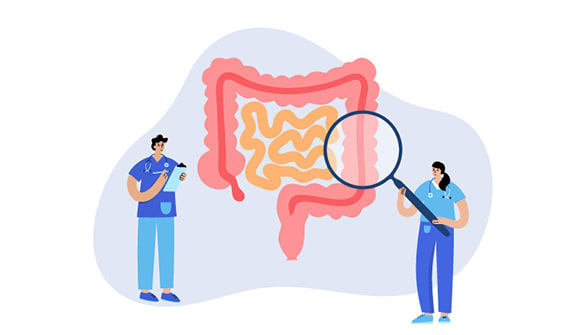Engage the page
Four benefits of reading, beyond simple pleasure.
Article Date:

Ask an avid reader if books make life better, and the answer will be yes! Experts agree with those page-turners: the benefits of reading extend far beyond entertainment.
"I'm an advocate for what reading does for the whole family," said Vivian Pinner, LMHC, a licensed mental health counselor with Baptist Behavioral Health. "There are so many benefits."
1. Stress relief
"Many people...feel better at the mere sight of a book." –Jane Smiley
Mindfulness is a term defined as being present in the moment. A lot of anxiety comes from worrying about the future. Adults may fret over finances and relationships, while children are likely to worry about things like making a sports team or upsetting their friends.
Pinner said, "Reading puts your mind into a creative space where you use your imagination and concentration on the storyline. While in that space, it's more difficult to stress about the future. Your muscles relax, tension eases and the mind rests."
Relaxation can also lead to better sleep. Putting down the electronic device and picking up a book before bed can help ease the transition into slumber.
Less stress and better sleep lead to improved overall health, including a lower risk of stroke and heart disease.
2. Enhanced empathy and understanding
"Reading is an exercise in empathy; an exercise in walking in someone else's shoes for a while." –Malorie Blackman
"Reading brings knowledge about other people, cultures and places, which can lead to more empathy for and understanding of others," said Pinner. “Books can help normalize situations such as death, divorce, perfectionism and disability, allowing space to heal and grow.”
Pinner also believes in "bibliotherapy" for helping children and adults who are experiencing emotional or physical challenges or living with someone who is.
"Through characters in a book, the reader can see they are not the only person with a particular issue," she said. "Books can help normalize situations such as death, divorce, perfectionism and disability."
3. Increased intelligence
"The more that you read, the more things you will know." –Dr. Seuss
"Reading is especially important for children because it helps increase vocabulary, intelligence and knowledge, which can lead to higher test scores and better performance at school," said Pinner.
As for adults, many studies show reading can help slow cognitive decline as people age. Reading uses a larger vocabulary pool than everyday speech, making it an effective way to keep the mind active and stimulated.
Reading is a cumulative task, meaning it is a task that builds upon and tests knowledge and skills acquired over a period. Reading constructs layers of skills that develop from childhood. Recognizing letters, forming sounds, creating words, constructing sentences, and comprehending stories all contribute to this complex and incredible exercise for the brain
4. Closer bonds
"Children are made readers on the laps of their parents." –Emilie Buchwald
"Reading builds emotional bonding and intimacy between a parent or guardian and a child," said Pinner. "You are present in the moment without all the distractions of life."
In addition, the one-on-one interaction can lead to teachable moments as the story unfolds.
"You can stop and ask, 'how do you feel about what's happening? Let's talk about it,'" Pinner said. "It's an opportunity that might not happen by forcing a conversation."
For adults, a good book may help improve social skills.
"Books give you more knowledge, which allows you to engage in conversation with a wider variety of people," said Pinner. "You may also bond over a shared interest."
"'Have you read any good books lately?' is a great conversation starter in any situation, and book clubs are a great way to socialize with others," she added.
Just read, read, read
"For my part, I read only to please myself and like only what suits my taste." –Voltaire
So, does it matter what you read to realize these benefits?
"Genre doesn't matter, and it doesn't always have to be a book," said Pinner. "You can get the benefits from reading magazines, short stories, blogs or other written materials."
Looking to take the next step in your health and wellness journey?
Baptist Wellness Centers offer resources for health and well-being, including stress management programs. Additionally, Baptist AgeWell's Mind Your Mind program offers cognitive assessment and advice about healthy lifestyle choices for seniors age 65+.


